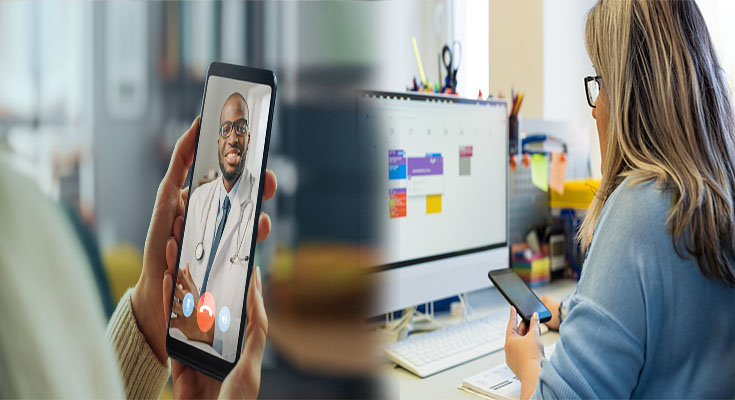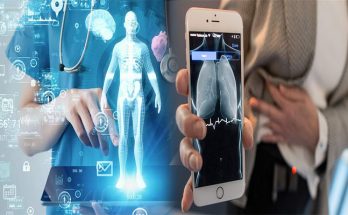Mobile health applications, or “mHealth apps,” have revolutionized the healthcare industry by offering a myriad of benefits for patient engagement. These innovative applications empower patients to take a more active role in managing their health and well-being. Let’s explore some of the key benefits that mobile health applications offer for patient engagement:
Convenience and Accessibility:
mHealth apps provide patients with convenient access to healthcare resources and information anytime, anywhere. Whether it’s scheduling appointments, accessing medical records, or receiving personalized health-related content, these applications offer a streamlined and accessible means of engaging with healthcare services.
Empowerment and Self-Management:
Mobile health applications enable patients to actively participate in their own care by providing tools for self-monitoring, medication adherence, and lifestyle management. By tracking their health metrics and receiving personalized insights, patients can make informed decisions and take proactive steps to improve their well-being.
Improved Communication and Coordination:
With features such as secure messaging, teleconsultations, and remote monitoring capabilities, mHealth apps facilitate seamless communication between patients and healthcare providers. This enhances care coordination, promotes timely interventions, and fosters a stronger patient-provider relationship.
Personalized Health Education:
Many mobile health applications offer educational resources tailored to individual patient needs. By delivering relevant health information, wellness tips, and condition-specific guidance, these apps empower patients to better understand their health conditions and make informed choices about their care.
Enhanced Medication Adherence:
mHealth apps can help patients manage their medications more effectively through reminders, dosage tracking, and medication information. By promoting adherence to prescribed regimens, these applications contribute to improved treatment outcomes and patient safety.
Remote Monitoring and Health Tracking:
For patients with chronic conditions or those recovering from medical procedures, mobile health applications offer tools for remote monitoring of vital signs, symptoms, and progress. This enables healthcare providers to proactively intervene and adjust treatment plans as needed, leading to better overall health management.
Empathetic Support and Engagement:
Some mHealth apps incorporate features that provide emotional support, community forums, and virtual support groups, fostering a sense of connection and empathy among patients. This social engagement can have a positive impact on patient motivation, mental well-being, and overall satisfaction with their healthcare experience.
Data-driven Insights and Decision-making:
By collecting and analyzing patient-generated data, mobile health applications can offer actionable insights to patients and healthcare providers. These insights can inform care plans, identify trends, and track progress, leading to more informed decision-making and personalized care delivery.
Mobile health applications play a pivotal role in enhancing patient engagement and promoting proactive, patient-centered care. With their convenience, empowerment, and personalized approach, these apps are driving a paradigm shift in how patients interact with healthcare services, ultimately contributing to improved health outcomes and a more satisfying patient experience.





